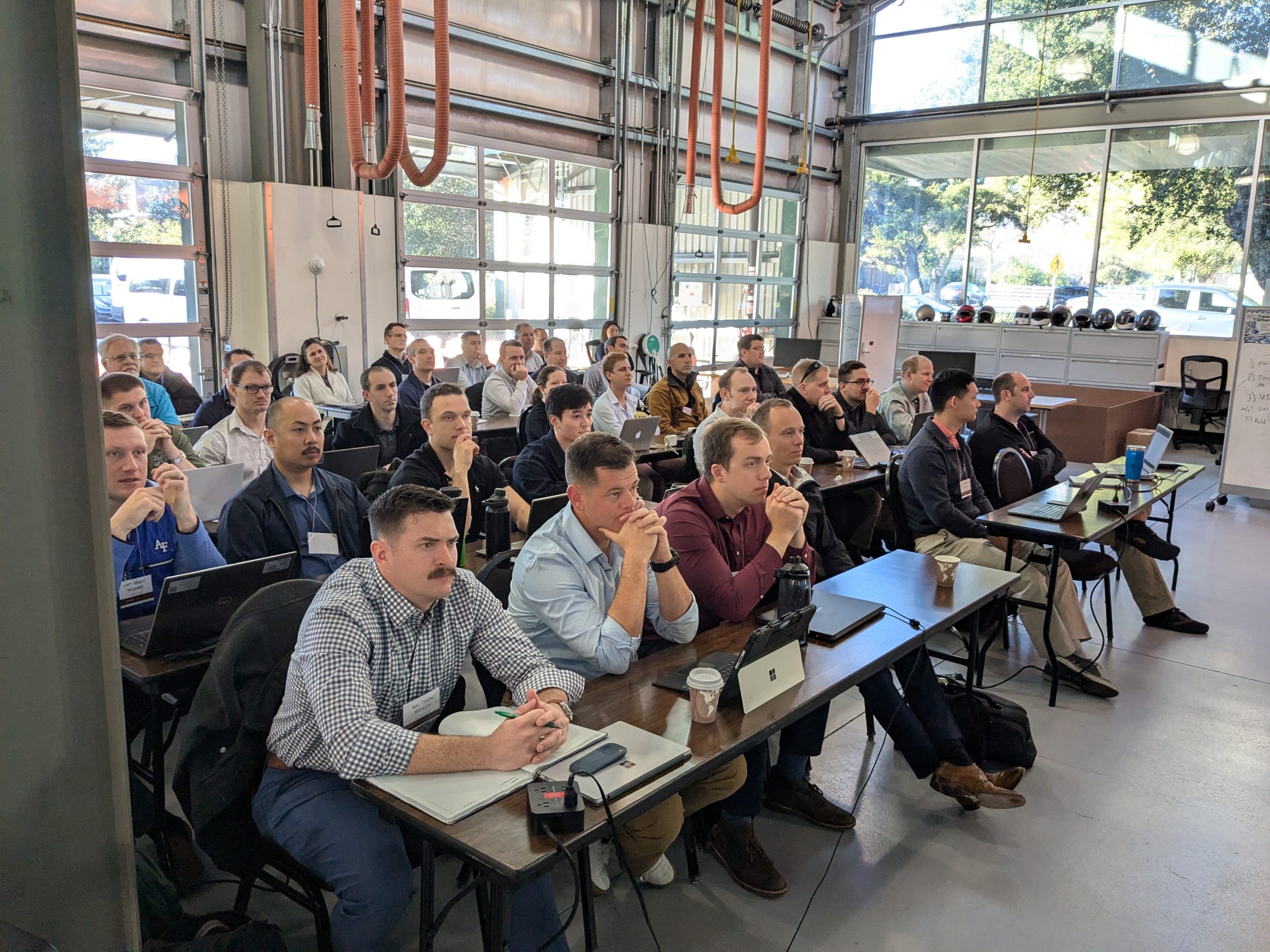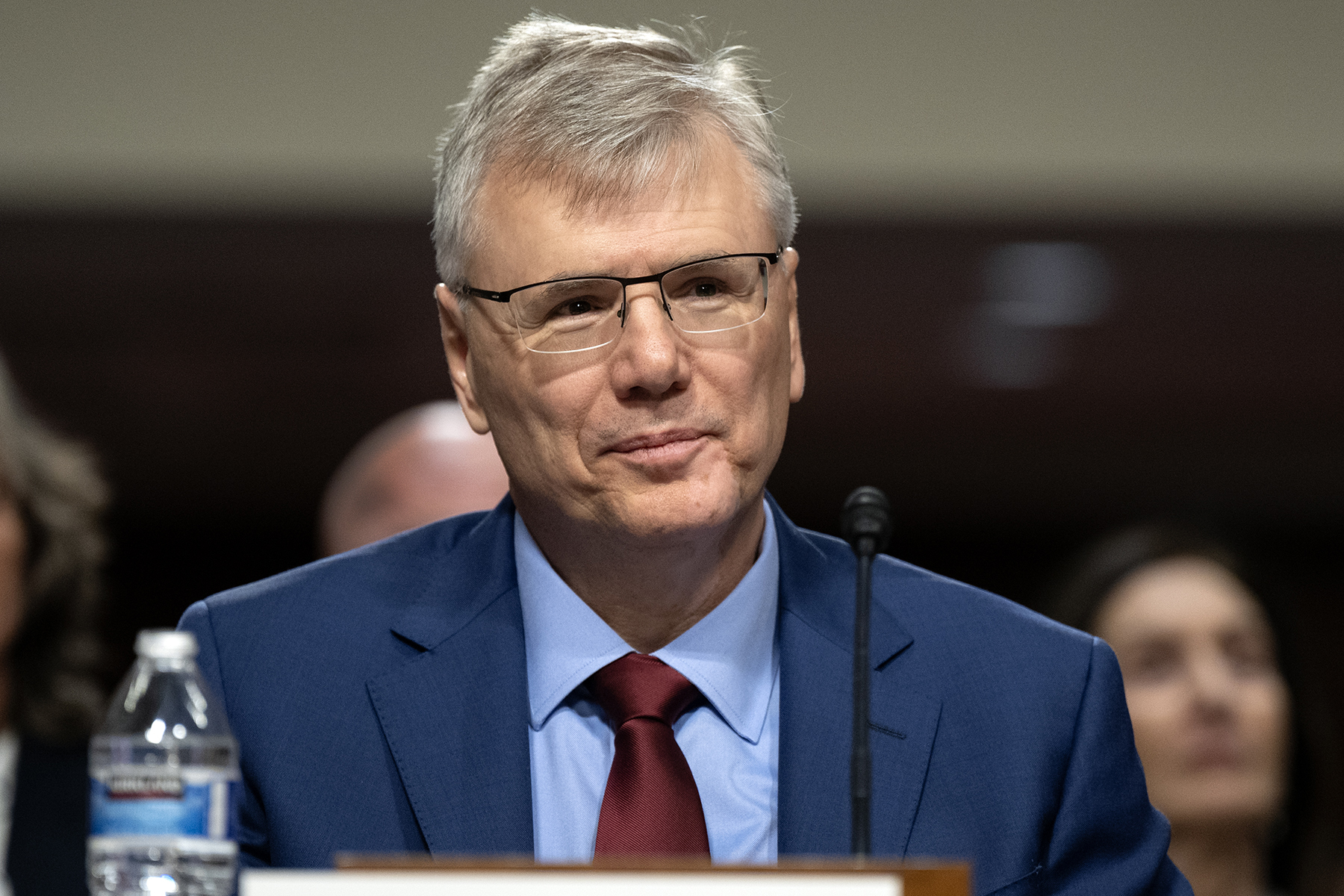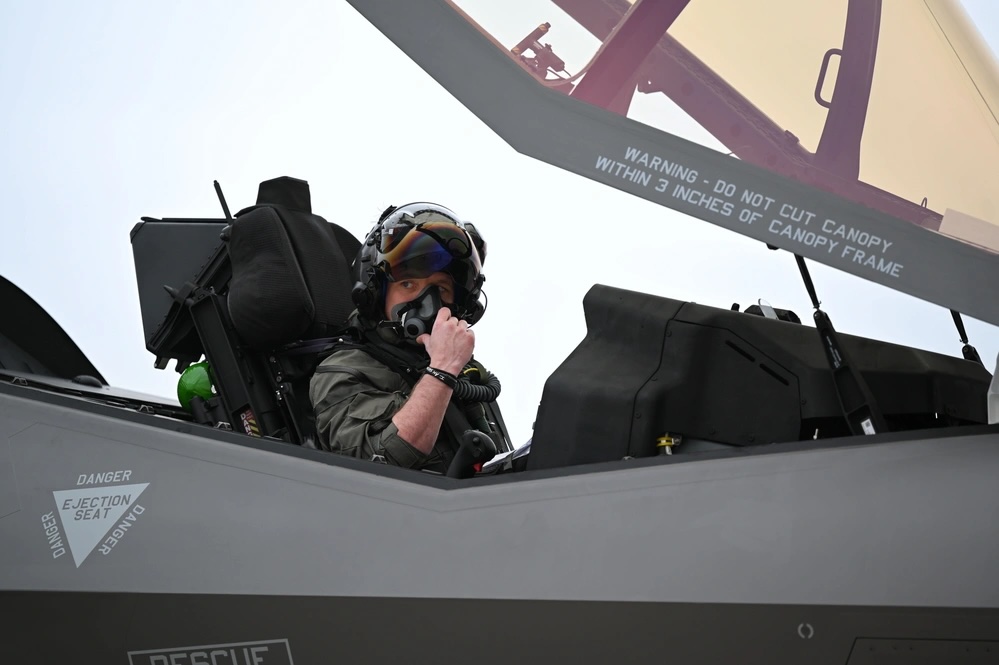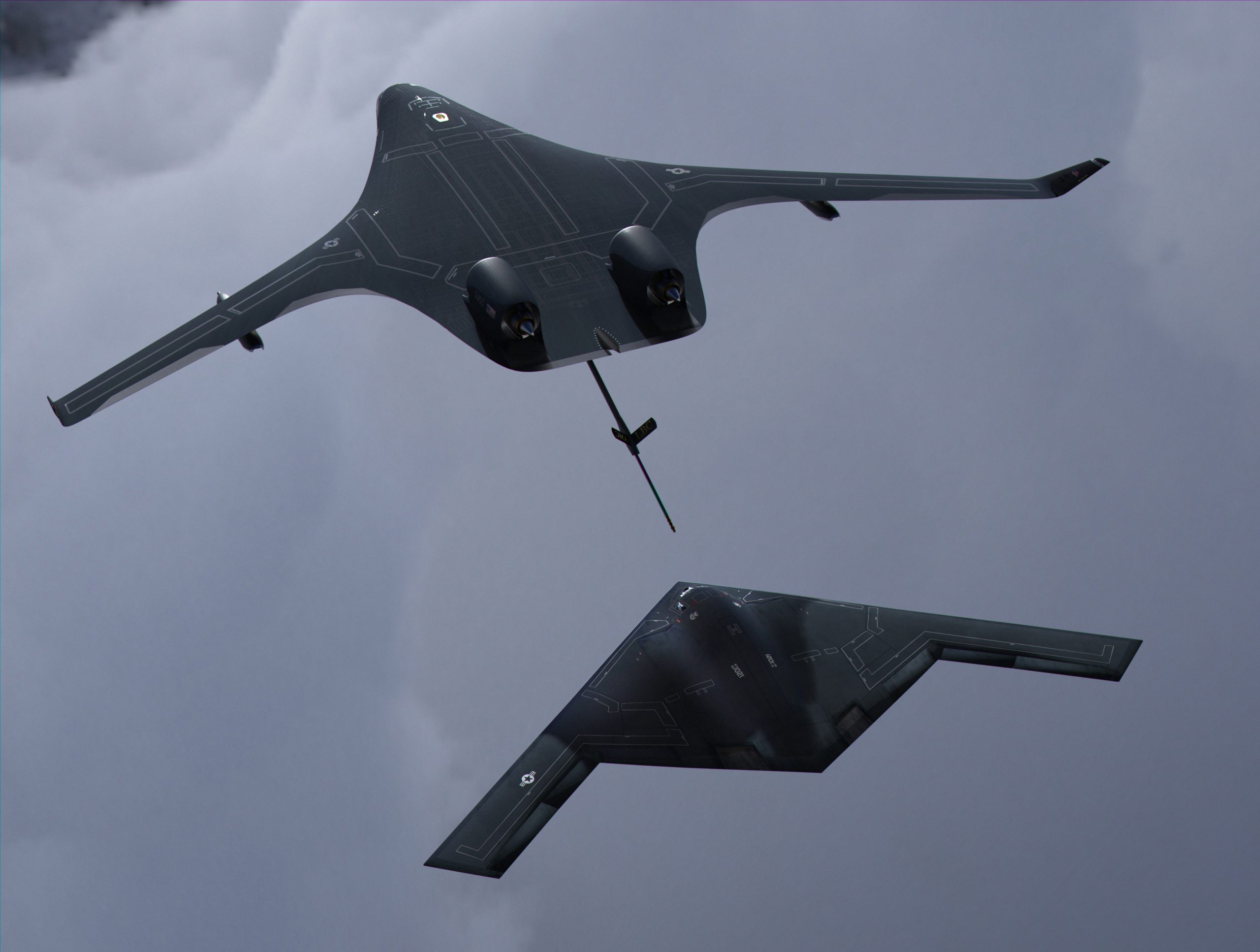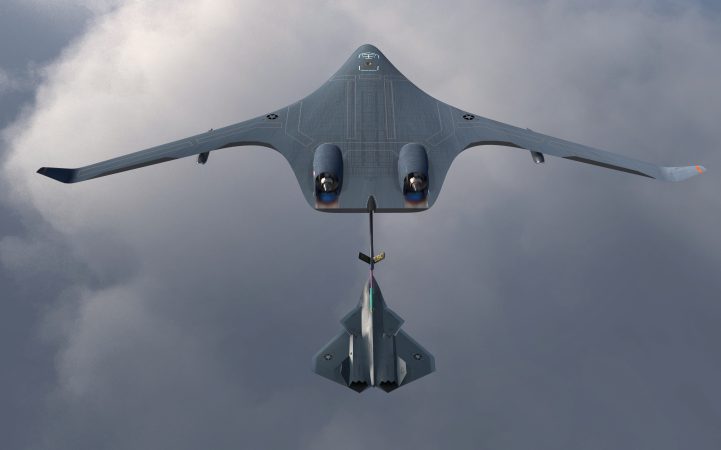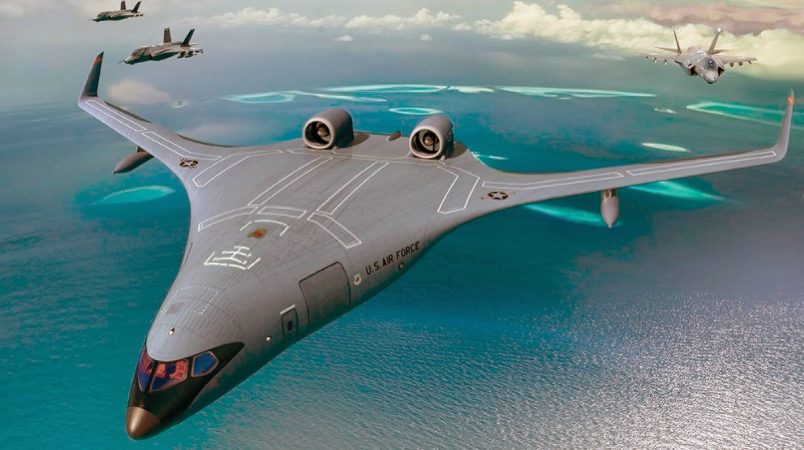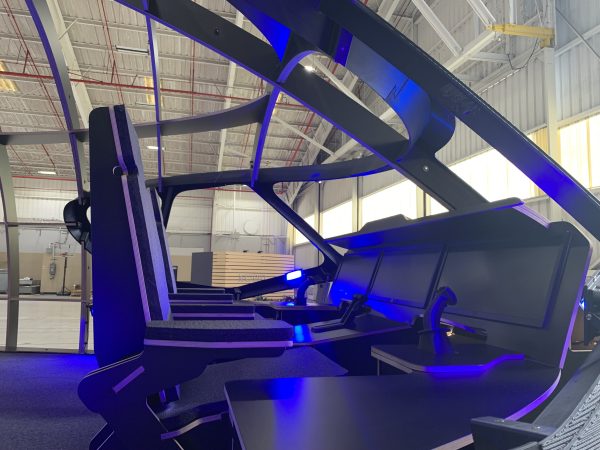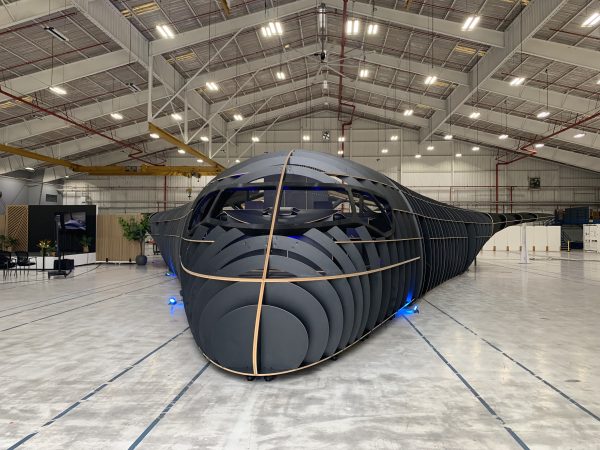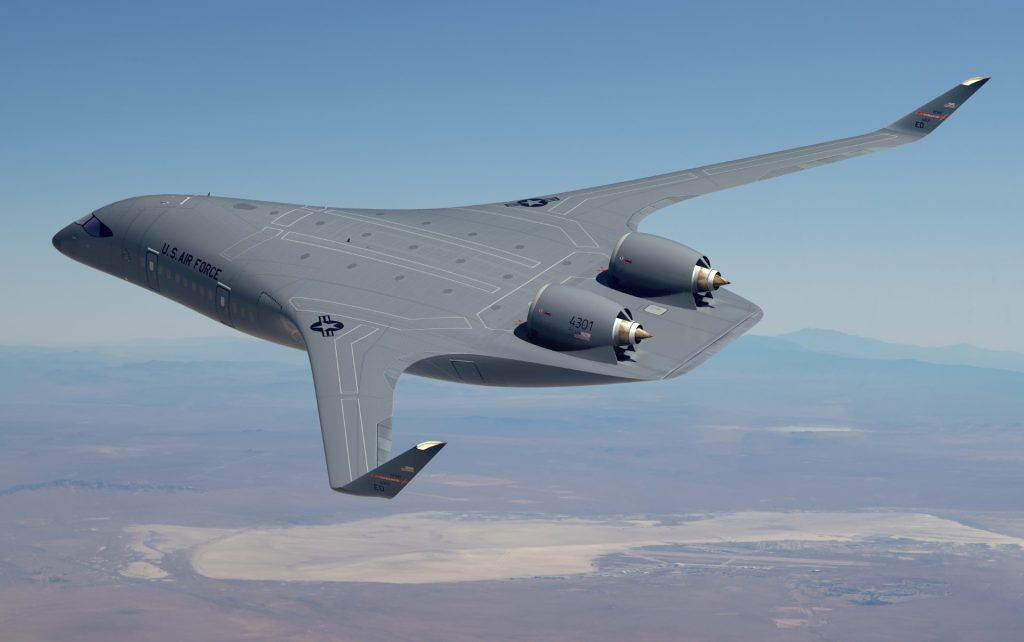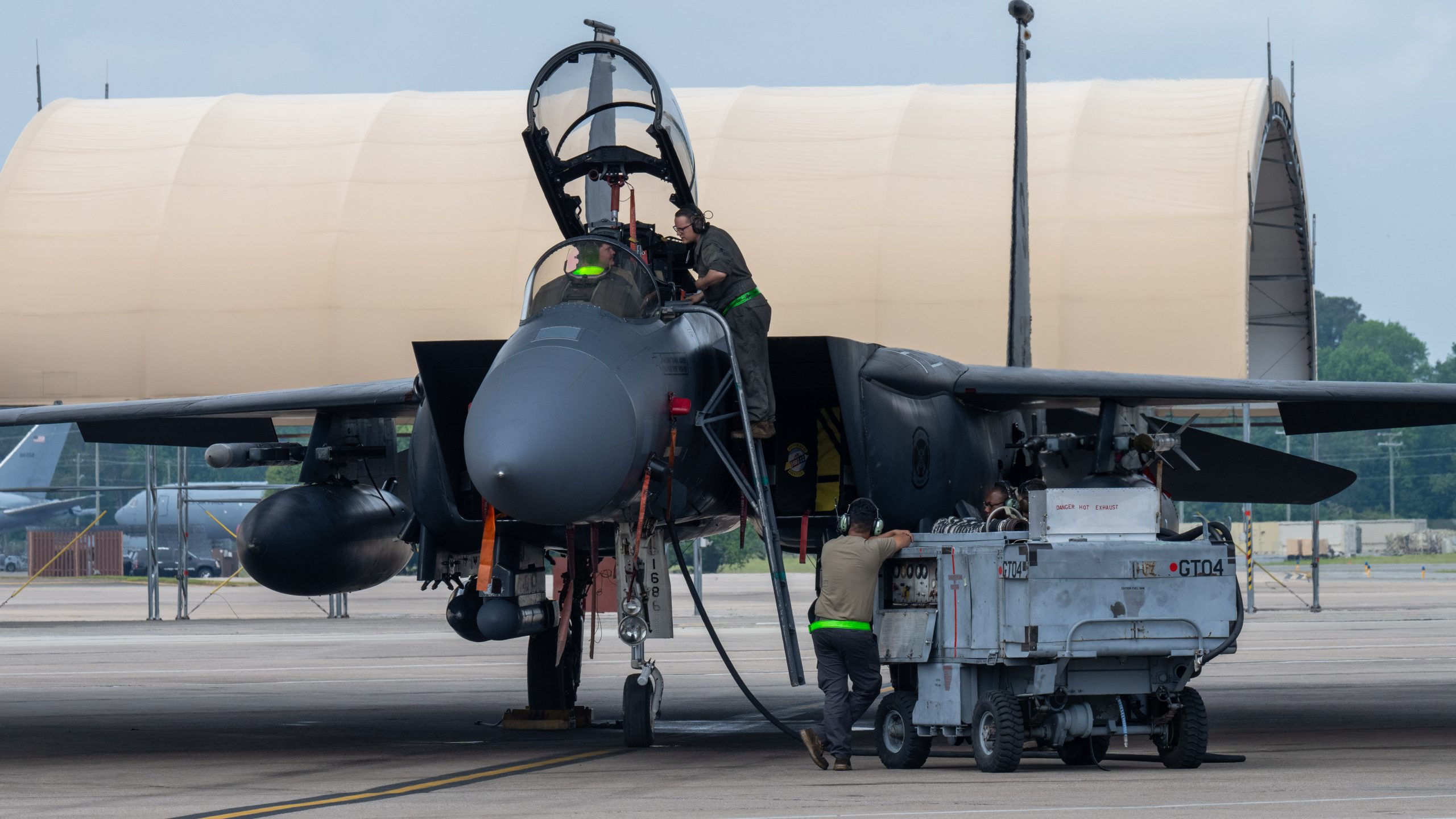President Donald Trump’s nominee to oversee Air Force manpower and reserve affairs seemed to take a step closer to confirmation May 13 after a friendly hearing before the Senate Armed Services Committee.
“Throughout my life, my focus has been on people,” retired Col. Richard L. Anderson said in his opening statement. “And in that spirit, I relish this opportunity, if confirmed by this committee, for a position of trust to lead the Air Force organization that focuses exclusively on the great Airmen and Guardians who serve our nation.”
Originally from Roanoke, Va., Anderson commissioned into the Air Force after graduating from Virginia Tech in 1979. He was a missileer for the first half of his 30-year career, then joined the international affairs career field where he “focused on building durable relationships,” between the U.S. Air Force and those of 40 countries across Asia and the Pacific, he said in his written testimony.
Anderson retired in 2009 after eight years in the Pentagon and in the Office of the Secretary of Defense. Then he represented the 51st House District in the Virginia General Assembly from 2010 to 2018. Anderson lost his reelection bid in 2019, then was elected to his current seat as chairman of the Republican Party of Virginia in August 2020.
In his written responses to lawmakers’ questions, Anderson highlighted three focus areas: recruiting and retention; mental health resources; and sexual assault and harassment prevention and response. He hopes a focus on critical career fields such as aviation, as well as a fresh analysis of quality of life and quality of service initiatives, will help recruiting and retention.
For mental health, the retired colonel believes that embedded mental health services can reduce the stigma of seeking help, but he wants a briefing on where resources may be lacking, “particularly in some of our more remote locations.” And while a new report found that sexual assaults across the military dropped four percent last year, “we can all agree that the work is far from finished,” he wrote.
Sen. Jack Reed (D-R.I.), ranking member of the Armed Services Committee, said Anderson was well qualified for the position, but he would face challenges, including a five to eight percent cut to the Defense Department civilian workforce directed by Defense Secretary Pete Hegseth.
“Mr. Anderson, I would like to know how you would plan to oversee such reductions while minimizing the impact on readiness and ensuring all Airmen, Guardians, and Air Force civilians are treated with the respect they deserve,” Reed wrote in his opening statement, but most questions during the hearing itself focued on the Air Force’s ability to recruit and retain pilots and technical talent.
Committee chairman Sen. Roger Wicker (R-Miss.), Sen. Angus King (I-Maine), and Sen. Mike Rounds (R-S.D.) each asked Anderson for his ideas on how to increase the number of Air Force pilots. For more than a decade, the service has been short about 2,000 pilots, too few to withstand combat losses against a peer adversary such as China or Russia, experts warn.
The retired colonel said pay alone, such as the $50,000 bonus rolled out in 2023, is not the only incentive to retain pilots.
“It is such things as the quality of their service, to have challenges, to be able to step up, and exercise their leadership skills,” he said.
When Wicker asked for specifics, Anderson referenced an April 4 article in Air & Space Forces Magazine about Air Education and Training Command’s effort to stand up Initial Pilot Training in private universities, where pilot hopefuls receive their private pilot licenses before transferring to an Air Force base for abbreviated undergraduate pilot training. The program aims to reduce overall course time while meeting the Air Force’s elusive goal of training 1,500 new pilots a year.
King mentioned a focus group where Air Force pilots said a key factor driving them away from retention was the lack of time spent flying. Rounds expressed a similar concern.
“The current program with increased compensation and bonuses for these pilots is insufficient,” Anderson said. “But also, it is all about quality of life, and I do believe the previous question about affording pilots the opportunity to remain in the cockpit for the duration of their careers is in fact a valid one, but one that has not been embraced by the United States Air Force.”
In terms of overall recruiting and retaining talent in technical fields such as cybersecurity and space operations, the retired colonel said, “We must go to the place where the talent resides, and it must be in places where there are younger people.”
He mentioned AFA’s CyberPatriot and JROTC cyber programs as examples, but he also suggested making recruiting a permanent career field rather than a temporary special duty assignment, as is currently the case.
“Perhaps we need to grow a career field so that we can put experts in the field,” he suggested.
Sen. Markwayne Mullin (R-Okla.) asked for Anderson to commit to an effort to stand up a Space National Guard, a move that bipartisan governors support and which Trump has expressed interest in, but which the Space Force itself opposes. In March, bipartisan lawmakers introduced a bill to establish a Space National Guard in both the Senate and the House of Representatives.
“When I find myself inside, should I be confirmed, I would like to address this,” Anderson said. “However, I will commit to following the existing law as defined in a number of areas and in direction from the president and the secretary of defense.”

